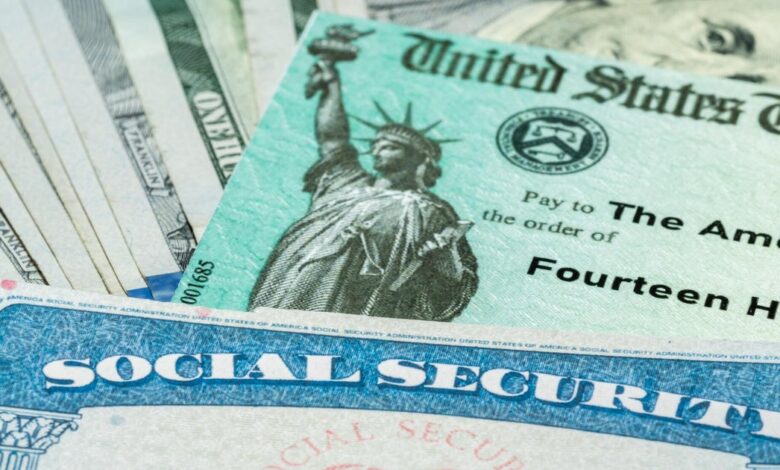Social Security to reduce overpayment clawbacks to 50%, down from 100%

The Social Security Administration recently made a policy change regarding the recovery of overpayments that raised concerns about potential financial hardship for beneficiaries. The agency initially implemented a 100% clawback rate for recovering erroneous overpayments, where beneficiaries had the entirety of their monthly check withheld until the overpayment was repaid. This was a significant increase from the previous rate of 10%.
However, in an emergency message to Social Security employees on April 25, the agency announced a reduction in the clawback rate to 50%. The reason for this change was not provided, and the SSA did not immediately respond to requests for comment. The 100% clawback policy was initiated by SSA Acting Commissioner Lee Dudek, who has been working with Elon Musk’s Department of Government Efficiency to cut costs within the agency.
Overpayments have been a longstanding issue for Social Security recipients, with many individuals unaware that they had received more benefits than they were entitled to until notified by the SSA. An inspector general report revealed that 73,000 overpayments in 2022 were a result of errors in the SSA’s own calculations rather than the fault of the beneficiaries.
The severe clawback rates have caused financial hardship for many beneficiaries, including seniors and disabled individuals who rely heavily on their monthly Social Security benefits for income. Last year, the Biden administration capped the clawback rate at 10% after reports of beneficiaries facing homelessness due to the previous 100% rate. However, the rate was reverted to 100% in March, prompting further concerns.
Disabled workers who receive benefits through the Social Security Disability Insurance (SSDI) program are particularly affected by overpayments. These individuals often fail to report work income, leading to overpayments that they may not be aware of. The SSA reduces benefits for SSDI recipients who earn more than $1,620 per month.
While the reduction of the clawback rate to 50% is a positive step, it still poses challenges for many SSDI beneficiaries who rely heavily on their benefits for essential expenses such as rent, food, utilities, and prescriptions. About 670,000 recipients had their benefits reduced by 10% for overpayment last year, according to KFF.
The new 50% clawback rate for overpayments took effect on April 25, according to the SSA’s statement. This change aims to alleviate some of the financial burden on beneficiaries while ensuring the recovery of erroneous payments.





